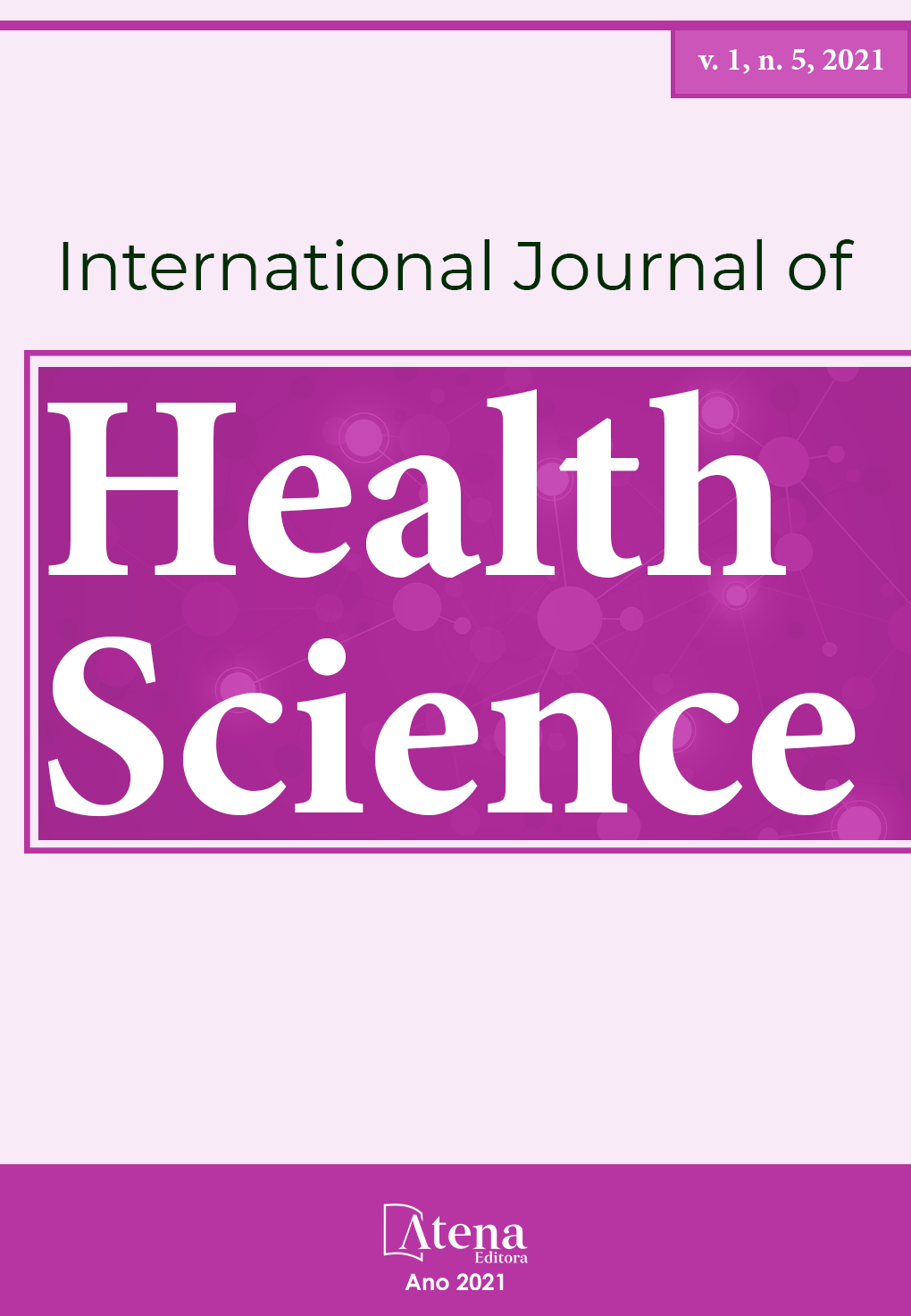
CORRELATION BETWEEN PERIOPERATORY OXYGEN CENTRAL VENOUS SATURATION AND MORTALITY IN CARDIAC SURGERY: REVIEW OF SYSTEMATIC LITERATURE
Monitoring tissue oxygenation through central venous oxygen saturation is essential to ensure adequate perfusion. However, currently, the use of pulmonary artery catheters is discouraged in the literature, due to the fact that it is more complex, costly and invasive to the patient. Therefore, central venous oxygen saturation is commonly used in place of mixed venous oxygen saturation. This study aimed to present epidemiological data and information on the relationship between central venous oxygen saturation values below 70% and the rate of complications and mortality after cardiac surgery. The methodology was based on the search of national and international scientific articles using Pubmed as a database. Original articles indexed between 2010 and 2021 were included. The analyzed data showed that in patients undergoing elective cardiac surgery, in which central venous oxygen saturation levels < 70% perioperatively, intraoperatively and upon admission to the Intensive Care Unit, are associated with a higher risk of death. Following this same reasoning, studies have shown that in patients where fluid resuscitation was performed properly and following as a parameter values of central venous oxygen saturation greater than 70%, these patients had better postoperative recovery, reducing hospital expenses and length of stay. Therefore, it is concluded that low central venous oxygen saturation was frequently observed in patients during and after cardiac surgery and was related to higher rates of postoperative complications and higher mortality rates.
CORRELATION BETWEEN PERIOPERATORY OXYGEN CENTRAL VENOUS SATURATION AND MORTALITY IN CARDIAC SURGERY: REVIEW OF SYSTEMATIC LITERATURE
-
DOI: 10.22533/at.ed.1592116117
-
Palavras-chave: Cardiac surgery; venous saturation; mortality.
-
Keywords: cardiac surgery; venous saturation; mortality.
-
Abstract:
Monitoring tissue oxygenation through central venous oxygen saturation is essential to ensure adequate perfusion. However, currently, the use of pulmonary artery catheters is discouraged in the literature, due to the fact that it is more complex, costly and invasive to the patient. Therefore, central venous oxygen saturation is commonly used in place of mixed venous oxygen saturation. This study aimed to present epidemiological data and information on the relationship between central venous oxygen saturation values below 70% and the rate of complications and mortality after cardiac surgery. The methodology was based on the search of national and international scientific articles using Pubmed as a database. Original articles indexed between 2010 and 2021 were included. The analyzed data showed that in patients undergoing elective cardiac surgery, in which central venous oxygen saturation levels < 70% perioperatively, intraoperatively and upon admission to the Intensive Care Unit, are associated with a higher risk of death. Following this same reasoning, studies have shown that in patients where fluid resuscitation was performed properly and following as a parameter values of central venous oxygen saturation greater than 70%, these patients had better postoperative recovery, reducing hospital expenses and length of stay. Therefore, it is concluded that low central venous oxygen saturation was frequently observed in patients during and after cardiac surgery and was related to higher rates of postoperative complications and higher mortality rates.
-
Número de páginas: 16
- Ana Claudia Zon Filippi
- Altair Paulino de Oliveira Campos
- Ana Elisa Soares Machado
- Karine Grillo de Freitas
- Bruno Vítor Martins Santiago
- Thais Baroni Azzi
- Juliana Fernandes Carvalho
- Nathane Monteiro Sanguinette
- Maurício Barcellos Bernardes Carvalheira
- Patrick de Abreu Cunha Lopes


